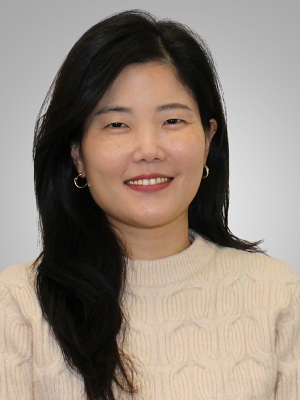American Psychological Association Division 50

Where do you work and in what capacity?
I am a clinical psychologist, an Assistant Professor in the Department of Health Behavior, Society, and Policy at the Rutgers School of Public Health, and a core member of the Rutgers Institute for Nicotine & Tobacco Studies.
Where did you do your training?
I received both my Master’s and PhD degrees in Clinical Psychology from Rutgers University. Prior to joining Rutgers as a faculty member, I completed my NIH/NCI-funded T32 behavioral oncology postdoctoral fellowship at Moffitt Cancer Center.
What are your research interests?
My research program aims to promote health behaviors among individuals who are at increased risk for negative health outcomes, are medically underserved, and are marginalized. In particular, my current research focuses on developing and evaluating novel technology-assisted smoking cessation interventions informed by cognitive-behavioral theories of addiction and mindfulness-based approaches, utilizing both qualitative and quantitative methods. For example, one of my ongoing projects aims to develop a mindfulness-based ecological momentary intervention for smoking cessation with human support among individuals with a cancer diagnosis.
What are your clinical interests?
Clinically, I am interested in providing evidence-based cognitive behavioral and mindfulness-based interventions to advance health behaviors in priority populations (e.g., individuals with medical conditions such as cancer diagnoses, those with multiple intersecting identities).
What are your policy/advocacy interests?
Individuals with medical conditions often experience high stress stemming from complex layers of physical, psychological, and socioeconomic concerns, which may make them prone to engaging in less desired behaviors (e.g., cigarette smoking) despite being aware of the consequences. My philosophy in intervention development and evaluation acknowledges that each individual is the expert on their own life and behaviors. I am committed to enhancing access to evidence-based interventions by understanding individuals’ lived experiences and addressing both individual- and systems-level barriers.
How did you become interested in addictive behaviors?
Initially, my intellectual curiosity about impulsive behaviors in substance use led me to study addictive behaviors. During my graduate training, understanding the cognitive and affective mechanisms of cigarette smoking and alcohol use (i.e., automatic cue reactivity) was my main research focus. Over time, my lab-based research and clinical training helped me formulate research questions on how to intervene in automatic cue reactivity and assist individuals in changing their addictive behaviors to live their lives in a way that makes sense to them and aligns with their values. This is how I became interested in tobacco use behaviors, particularly how to intervene to improve health outcomes among those with medical conditions and intersecting identities.
What motivated you to join the Society of Addiction Psychology (Division 50)?
I first joined Division 50 as a graduate student, seeking opportunities to network with peers and researchers in the field of addictive behaviors. I am grateful for the professional and personal connections I made through Division 50. The Division’s student grant award provided the foundation for my current smoking cessation research. To express my gratitude and give back to Division 50, I joined the ECP group and am currently assisting in initiating and organizing webinars for early career psychologists.
Any other information that you would like to share about yourself with other SoAP members?
Through my training, and especially during the pandemic, I learned the importance of taking the time to talk with my family and friends and to engage in activities I enjoy to gain energy and motivation to pursue my passion in research. To follow these values, I regularly allocate time to call my family, make crafts (e.g., miniature houses and plants), and practice mindfulness meditations.

Resources are available for those struggling with addiction and numerous effective treatments exist. Whether you are looking for help for yourself or a loved one, we encourage you to seek out help.